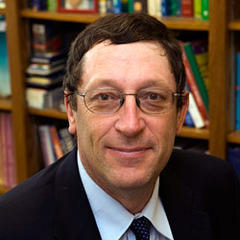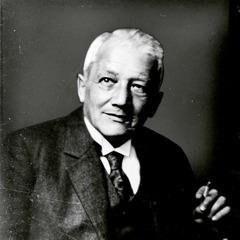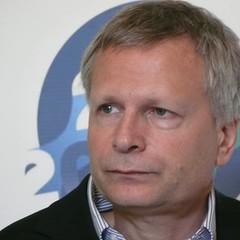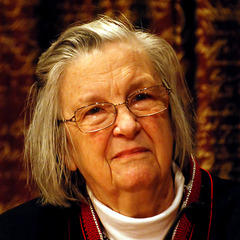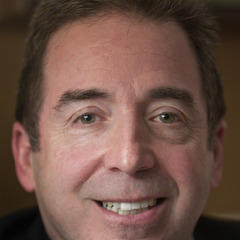Jean-Baptiste Say Quotes
Jean-Baptiste Say (2016). “Jean-Baptiste Say and Political Economy”, p.42, Routledge
Jean Baptiste Say (1827). “A treatise on political economy: or, The production, distribution and consumption of wealth”, p.21
What can we expect from nations still less advanced in civilization than the Greeks?
Jean Baptiste Say (1827). “A treatise on political economy: or, The production, distribution and consumption of wealth”, p.31
Jean Baptiste Say (1827). “A treatise on political economy: or, The production, distribution and consumption of wealth”, p.259
Nothing can be more idle than the opposition of theory to practice!
Jean Baptiste Say (1827). “A treatise on political economy: or, The production, distribution and consumption of wealth”, p.24
Adam Smith, Jean-Baptiste Say, J.R. McCulloch (2013). “History of Economic Theory: The Selected Writings of Adam Smith, Jean-Baptiste Say, and J.R. McCulloch”, p.148, Coventry House Publishing
The difficulty lies, not in finding a producer, but in finding a consumer.
Adam Smith, Jean-Baptiste Say, J.R. McCulloch (2013). “History of Economic Theory: The Selected Writings of Adam Smith, Jean-Baptiste Say, and J.R. McCulloch”, p.104, Coventry House Publishing
Jean Baptiste Say (1827). “A treatise on political economy: or, The production, distribution and consumption of wealth”, p.86
Jean Baptiste Say, Charles Robert Prinsep (1857). “A Treatise on Political Economy; Or, The Production, Distribution, and Consumption of Wealth”, p.196
Jean Baptiste Say, Clement Cornell Biddle (1851). “A treatise on political economy”, p.290
Adam Smith, Jean-Baptiste Say, J.R. McCulloch (2013). “History of Economic Theory: The Selected Writings of Adam Smith, Jean-Baptiste Say, and J.R. McCulloch”, p.96, Coventry House Publishing
Adam Smith, Jean-Baptiste Say, J.R. McCulloch (2013). “History of Economic Theory: The Selected Writings of Adam Smith, Jean-Baptiste Say, and J.R. McCulloch”, p.133, Coventry House Publishing
Jean Baptiste Say, Clement Cornell Biddle (1851). “A treatise on political economy”, p.238
Jean Baptiste Say, Charles Robert Prinsep (1857). “A Treatise on Political Economy; Or, The Production, Distribution, and Consumption of Wealth”, p.336
Jean Baptiste Say (1827). “A treatise on political economy: or, The production, distribution and consumption of wealth”, p.46
Jean Baptiste Say, Charles Robert Prinsep (1857). “A Treatise on Political Economy; Or, The Production, Distribution, and Consumption of Wealth”, p.76
Jean Baptiste Say (1936). “Letters to Thomas Robert Malthus on Political Economy and Stagnation of Commerce”, p.6, Lulu.com
Jean Baptiste Say (1827). “A treatise on political economy: or, The production, distribution and consumption of wealth”, p.113
Jean Baptiste Say (1854). “A treatise on political economy, or, the production, distribution, and consumption of wealth”, p.363
Jean Baptiste Say, Charles Robert Prinsep (1857). “A Treatise on Political Economy; Or, The Production, Distribution, and Consumption of Wealth”, p.487
Jean Baptiste Say, Charles Robert Prinsep (1857). “A Treatise on Political Economy; Or, The Production, Distribution, and Consumption of Wealth”, p.15
Jean Baptiste Say, Charles Robert Prinsep (1857). “A Treatise on Political Economy; Or, The Production, Distribution, and Consumption of Wealth”, p.389


